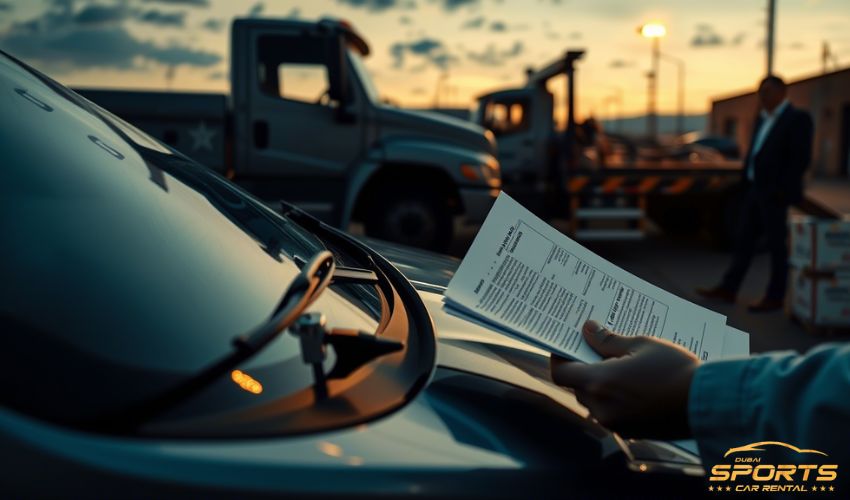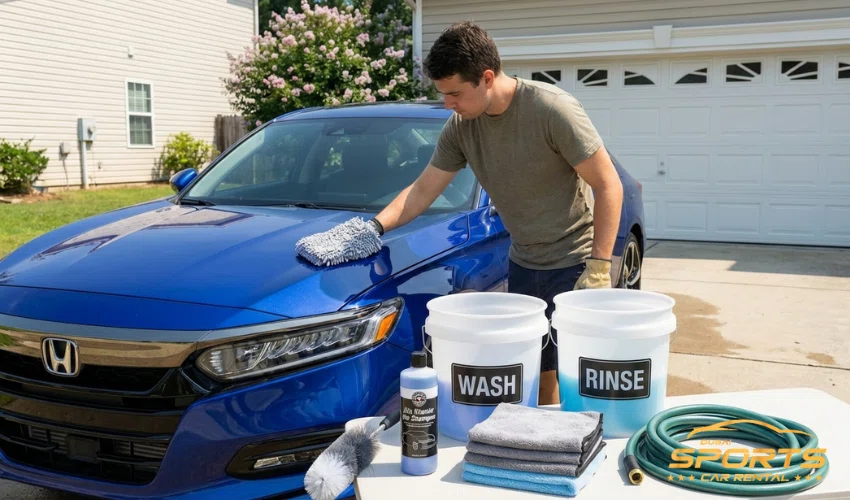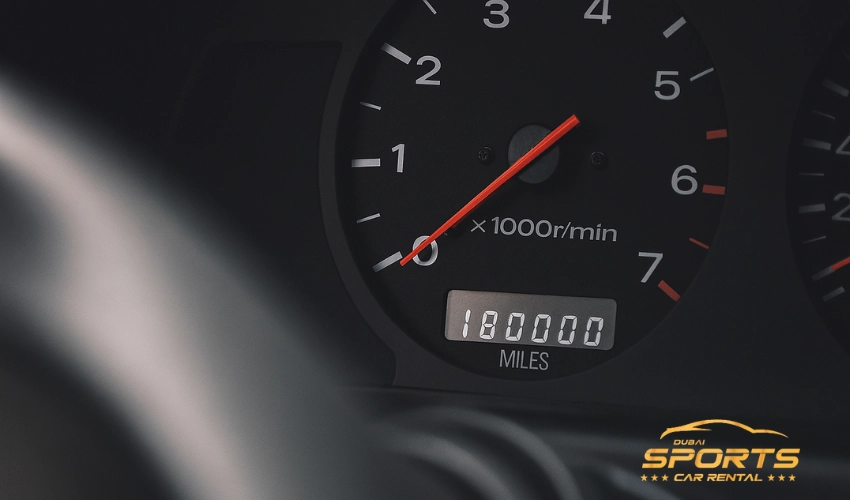What are Loan Defaults and Repossession Rights?
Missing a scheduled auto loan payment can place your loan into default status. Your specific loan agreement defines when a default occurs, but in many cases, missing even a single payment qualifies. Once your loan is in default, the lender generally gains the legal right to repossess the vehicle.
State laws play a critical role in the repossession process, influencing whether a lender must notify you beforehand. Some states permit repossession without prior warning or a court order as soon as a default happens. Other states mandate lenders to send a notice detailing missed payments and providing a window to catch up.
Active-duty military personnel have specific protections under the Servicemember Civil Relief Act (SCRA). For auto loan contracts entered into before military service began, the SCRA prohibits repossession without a court order. Understanding your rights under both state law and federal acts like the SCRA is crucial if you face potential repossession.
How Many Payments Can You Actually Miss?
While a lender might legally be able to repossess after one missed payment, many wait longer. Frequently, repossession proceedings begin after two or three consecutive missed payments, corresponding to the loan being 60 to 90 days delinquent. Lenders often prefer working out a solution rather than undertaking the costly repossession process.
Most auto loans include a grace period, typically 10 to 15 days after the due date, during which you can make the payment without incurring a late fee. Missing the payment even within the grace period technically means you have not paid on time, but penalties usually don’t apply until after this period expires. However, relying on the grace period habitually is risky, and exceeding it leads to fees and moves you closer to default.
The exact number of missed payments tolerated before repossession ultimately depends on the lender and the specifics outlined in your loan agreement. Some lenders may be more lenient, especially if you maintain open communication, while others might act swiftly after the first missed payment triggers default. I recommend reviewing your contract. That way, you can understand the terms and conditions.
Read: How Much Does It Cost to Rent a Car from Enterprise
The Repossession Process Explained
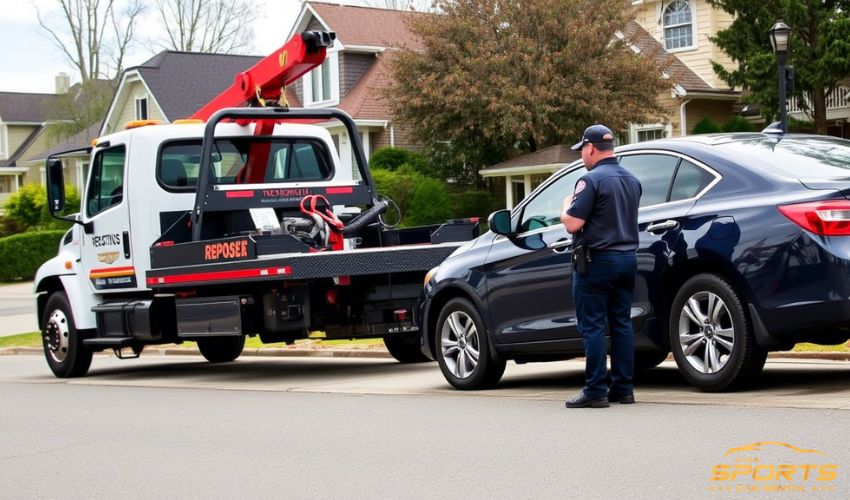
If repossession proceeds, the method can vary. Lenders typically hire a repossession agency to retrieve the vehicle. Agents might locate the car using tracking information or simply find it parked publicly or in your driveway.
State laws often restrict how repossession agents can operate, prohibiting actions that constitute a “breach of the peace”. Generally, this means agents cannot use or threaten physical force, enter a closed garage without permission, or continue the repossession if you actively resist or refuse.
If you believe a “breach of the peace” occurred during the repossession, you should contact law enforcement; such actions might provide grounds for legal damages or serve as a defense against owing money later.
Some modern vehicles might be equipped with electronic disabling devices. Lenders could potentially use these to prevent the car from starting once a default occurs, although this practice is less common than physical repossession. Regardless of the method, ensure you remove all personal property from the vehicle if you anticipate repossession is imminent.
Consequences of Missing Payments and Repossession
Missing auto payments carries significant negative consequences beyond the potential loss of your vehicle. Lenders will charge late fees for payments made after the grace period, adding to the amount you owe. Continued delinquency can also lead to increased interest rates, further escalating the debt.
The most severe impact is often on your credit health. Lenders report missed payments (usually after 30 days) to credit bureaus that can lower your credit score. A repossession event is a major derogatory mark that stays on your credit report for approximately 7 years from the date of the first missed payment that led to it. This negative mark can make obtaining future credit, such as loans or credit cards, much more difficult and expensive.
Even after the car is repossessed and sold (often at auction), your financial obligation might not end. If the sale price doesn’t cover the remaining balance on your loan plus repossession fees, you will owe the difference, known as a deficiency balance. Lenders can pursue legal action or use a debt collection agency to recover this amount.
What to Do if You Miss a Payment or Face Repossession?
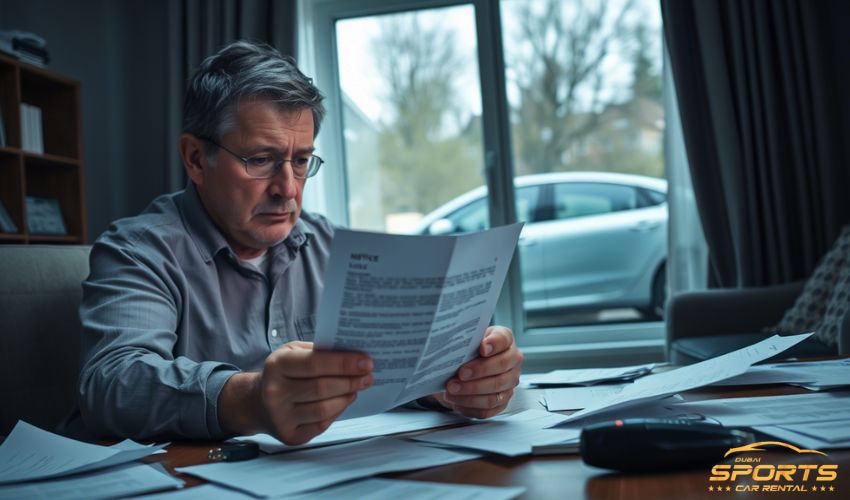
If you realize you cannot make an auto payment, the most critical first step is to contact your lender immediately, ideally before the payment is due. Proactive communication demonstrates good faith and opens the door to potential solutions. Lenders often prefer finding a mutually beneficial solution over the expense and hassle of repossession.
Review your loan agreement thoroughly to understand the terms regarding late fees, grace periods, default, and repossession. Ask your lender about options like a temporary payment arrangement to catch up, a loan modification to change terms, or a deferment to pause payments temporarily. Some lenders offer short-term payment forbearance for borrowers facing temporary financial crises.
If you purchased credit insurance when you took out the loan, check if your situation (like job loss or disability) qualifies for coverage that could make payments for you. If your credit is still relatively good, you might consider refinancing the auto loan for potentially lower monthly payments, though this becomes harder once payments are significantly late.
As a last resort, you could attempt to sell your vehicle privately and use the proceeds to pay off the loan (covering any shortfall if you’re upside down) or arrange a voluntary surrender of the car to the lender, which still negatively impacts credit but avoids the potential conflict of an involuntary repossession.
Preventing Repossession: Proactive Steps
Effective financial management is key to avoiding missed payments and the risk of repossession. Treat your auto loan payment as a necessary expense within your monthly budget, prioritizing it alongside essentials like housing and food. Choosing a vehicle and loan terms that fit comfortably within your budget from the outset prevents future strain.
Maintain proper, honest, and open communication with the lender. If you anticipate difficulty making a payment, inform them as early as possible; they might offer solutions like loan deferment or a temporary payment plan. Establishing a positive working relationship can make lenders more willing to assist during tough times.
Always read and fully understand your loan agreement before you sign. Also, focus on the interest rate, term length, monthly payment amount, and clauses related to default and repossession. Understanding your obligations and the lender’s rights prepares you to manage your auto loan responsibly. Regularly reviewing your finances helps anticipate potential issues before they lead to missed payments.

